|
About half of the world’s chameleon species can be found in Madagascar, a large island in the Indian Ocean. For a long time the view has been that they originated on the island, and then made their way to Africa. But analysis of a fossil found in Kenya challenges this assumption. Andrej Čerňanský reveals that the findings suggest this chameleon genus could have originated in Africa, and made its way to Madagascar on floating vegetation.
Some wild stories have been posted on social media and published online about the coronavirus. There have been growing fears that it will spread widely after its initial diagnosis in the Chinese city of Wuhan in January. False information that’s been spread about the disease has included the claim that it can kill a person in seconds. Marina Joubert explores the impact of the misinformation and sets out what can be done to counter the lies and help people manage their fears.
|
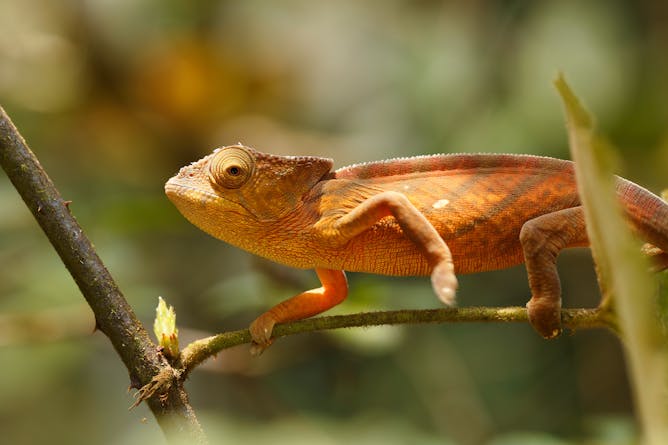
Parsons chameleon, Calumma parsonii, in Andasibe - Analamazaotra National Park, Madagascar.
Artush/Shutterstock
Andrej Čerňanský, Comenius University, Bratislava
This fossil find provides strong evidence of an African origin for some Malagasy chameleon lineages.
|
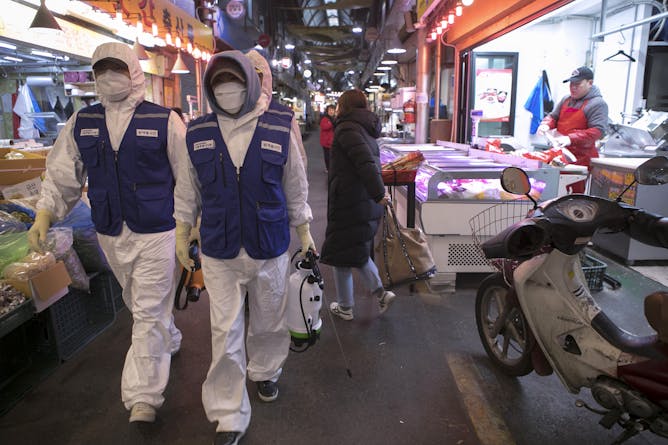
The spread of false information can have a devastating impact on affected communities.
Woohae Cho/Getty Images
Marina Joubert, Stellenbosch University
Misinformation spreads fast when people are afraid and a contagious and potentially fatal disease is frightening. This provides the ideal emotionally charged context for rumours to thrive.
|
Arts, Culture and Society
|
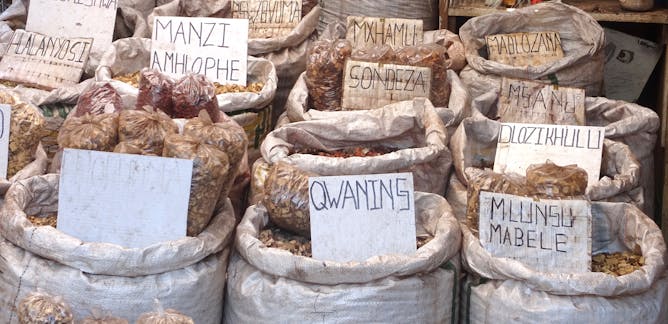
William Beinart, University of Oxford
In the 1950s, the African yam was exploited by drugs firm Boots to produce cortisone. But South Africans fought back against the plundering of a plant that they used for traditional healing.
| |

Oludayo Tade, University of Ibadan
As the Nigerian tradition of dressing in matching outfits for special events continues to grow in popularity, it brings with it a threat of social exclusion.
|
|
|
En français
|

Serge Touvoly, Université Félix Houphouët-Boigny. Cocody, Côte-d'Ivoire
Les mauvaises pratiques en milieu hospitalier sont monnaie courante en Côte d’Ivoire. Les patients sont les premiers à en souffrir.
| |

Camille Cressent, Université de Lille
Comment juger les combattants de Daech ? Tour d’horizon des diverses options envisageables, des tribunaux locaux à des juridictions internationales qui seraient créées ad hoc.
|
|
|
From our international editions
|
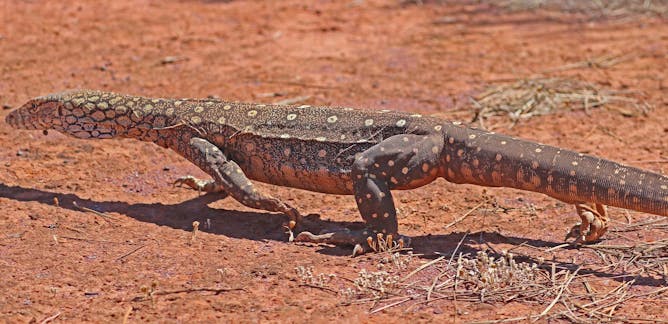
Sophie Cross, Curtin University
There are 60,000 abandoned mines in Australia. How do we restore them so that animals return? A researcher's epic fieldwork project in WA's Mid West could help provide the answers.
| |
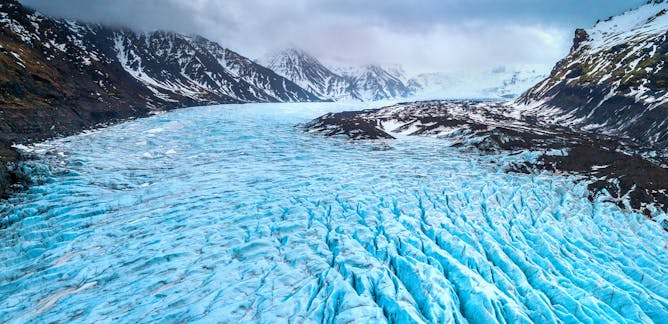
Simon Cook, University of Dundee
Our study explores the factors which cause glacial erosion.
|
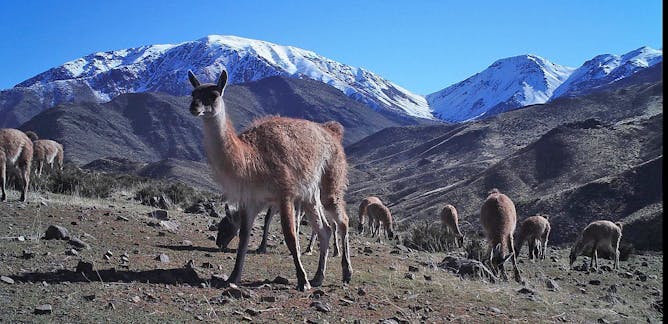
Niki Rust, Newcastle University; Solange Vargas, Universidad de La Serena
As Chile's central mountain region warms, guanacos are wandering into trouble.
| |

Lucy Budd, De Montfort University; Stephen Ison, De Montfort University
Suspending flights and screening passengers is mainly about reassuring us, not keeping us healthy.
|
|
|